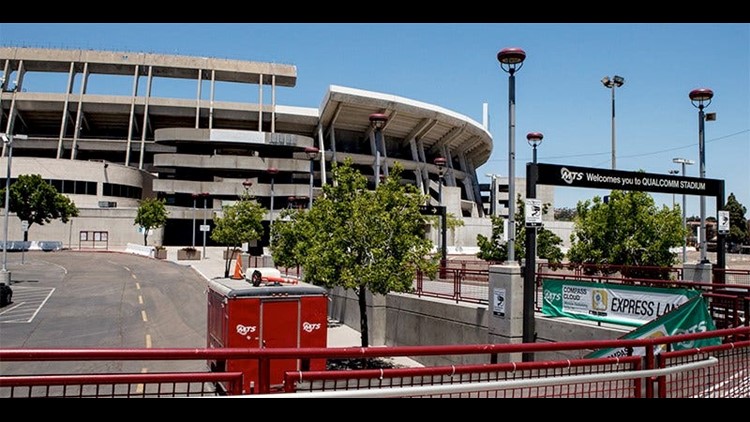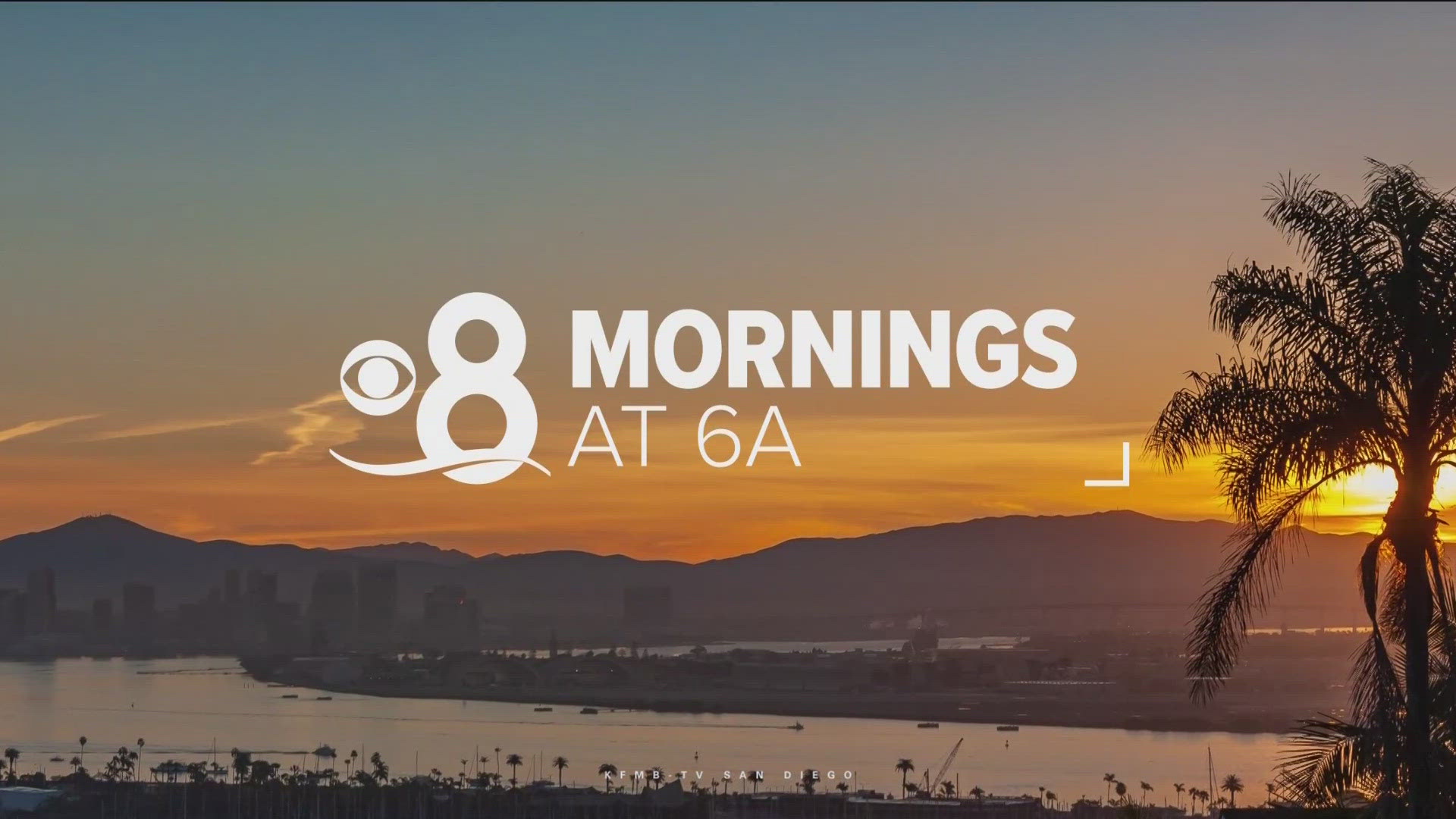SAN DIEGO — A minimum of 10% affordable housing will be required at the Mission Valley Stadium site should San Diego State University purchase it, under action taken Monday by the San Diego City Council.
The council unanimously voted to set some requirements on multiple parts of a draft purchase and sale agreement for the stadium, chief among those the affordable housing minimums. The college has offered $86.2 million to buy the property from the city.
RELATED: City of San Diego, SDSU Inch Closer to SDCCU Stadium Site Deal
The two parties intend to exchange a 135-acre parcel of land, which SDSU would redevelop into a 35,000-seat stadium to be primarily used by the university's football team. Plans also call for a satellite campus, a park along the San Diego River, commercial and residential space and a bridge extending Fenton Parkway over the San Diego River.
Tom McCarron, senior vice president of the Mission Valley Project for SDSU, said it would grow the university's academic space by 50%. The university is also planning to build 4,600 units of housing, 80 acres of parkland, 400 hotel rooms and more than 13,000 parking spaces at the site, subject to market forces, McCarron said.
Today's council meeting focused on 10 individual aspects of the sale and the future development, some of which were considered overkill by council members.
"The city is not a real estate developer," Council President Pro Tem Barbara Bry said, referring to a proposal to increase affordable housing above the 10% currently required. "Our job is not to micromanage the development of this site."
Voters approved the sale of the stadium property -- located at 9449 Friars Road -- in November 2018 via Measure G, which required the sale to include some affordable housing in any development for students, faculty and grad students. It also required a river park and the development being made transit-dependent.
Mayor Kevin Faulconer's staff will negotiate on behalf of the city, with SDSU's lawyers, and they will work to iron out disagreements before bringing the purchase and sale agreement back before the City Council in mid- February. No exact date has been set, as negotiations could take weeks longer before the agreement is docketed again.
The draft agreement will be workshopped by city staff and the university's legal counsel and brought back before council, but the city is looking to close escrow in March. SDSU's offer includes terms that it will assume the responsibility of maintaining the current stadium and demolishing it when required. In addition, the university would assume the costs of demolishing the current SDCCU Stadium.
The university would be required to construct the 34-acre river park, estimated to cost $30 million, within seven years of the sale agreement's effective date and prior to the occupancy of any other building on the parcel of land, save for the stadium.
Under the terms of the agreement, SDSU would also indemnify the city from lawsuits having to do with the EIR, campus master plan, sale agreement and the stadium's current state. The university expects to break ground on the project in early 2020 and complete the redevelopment in its entirety by 2037 at a total cost of $3 billion.



